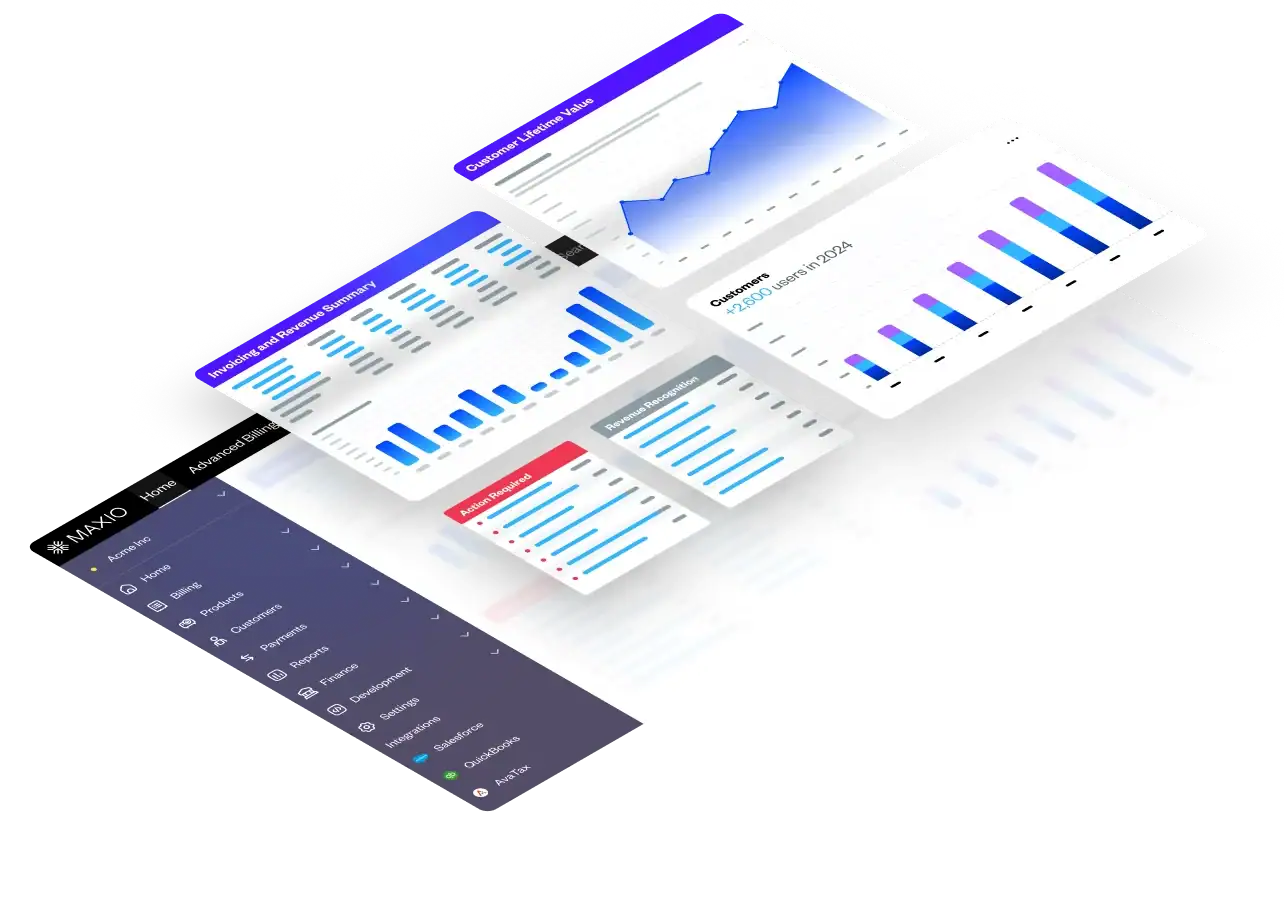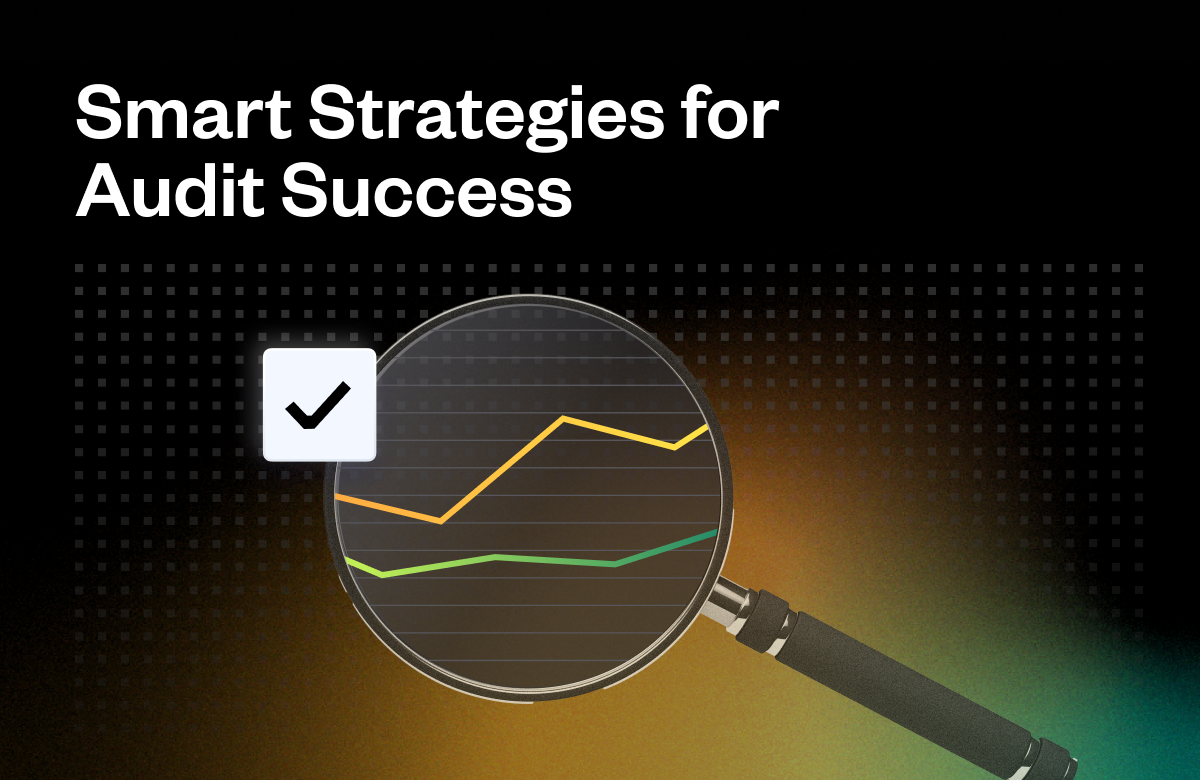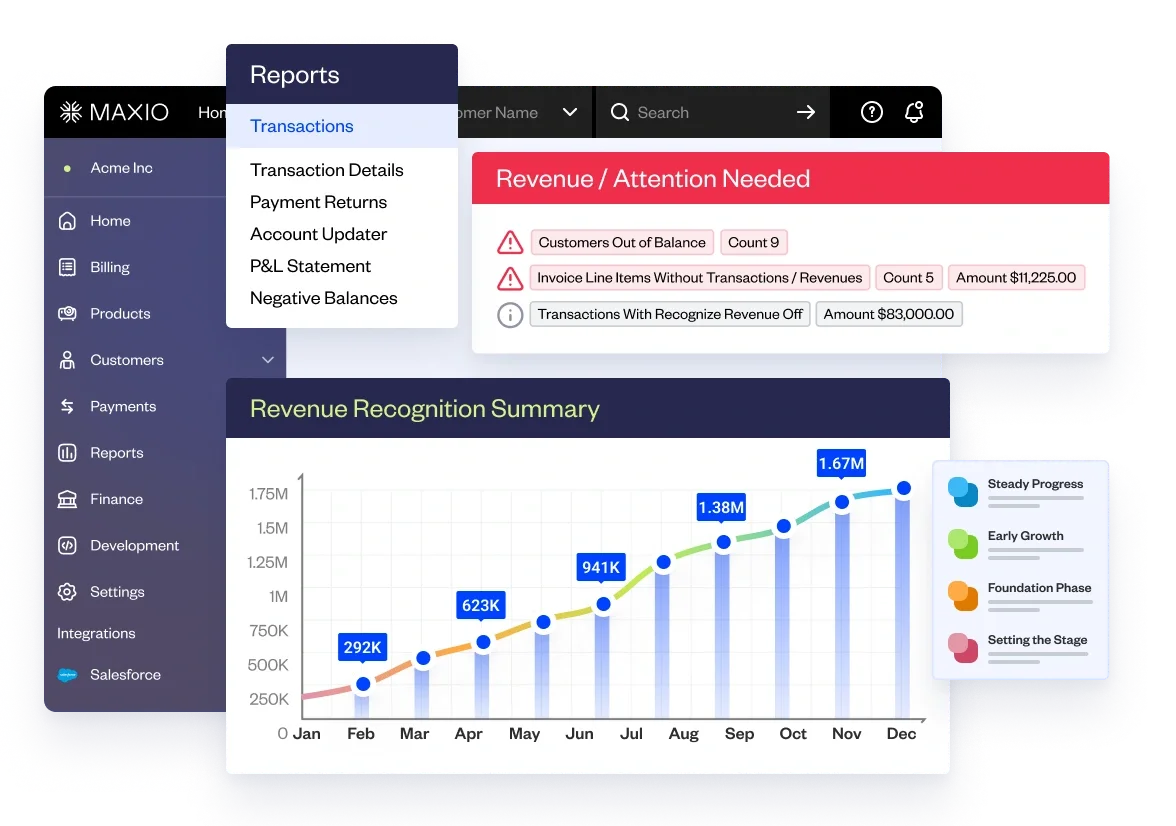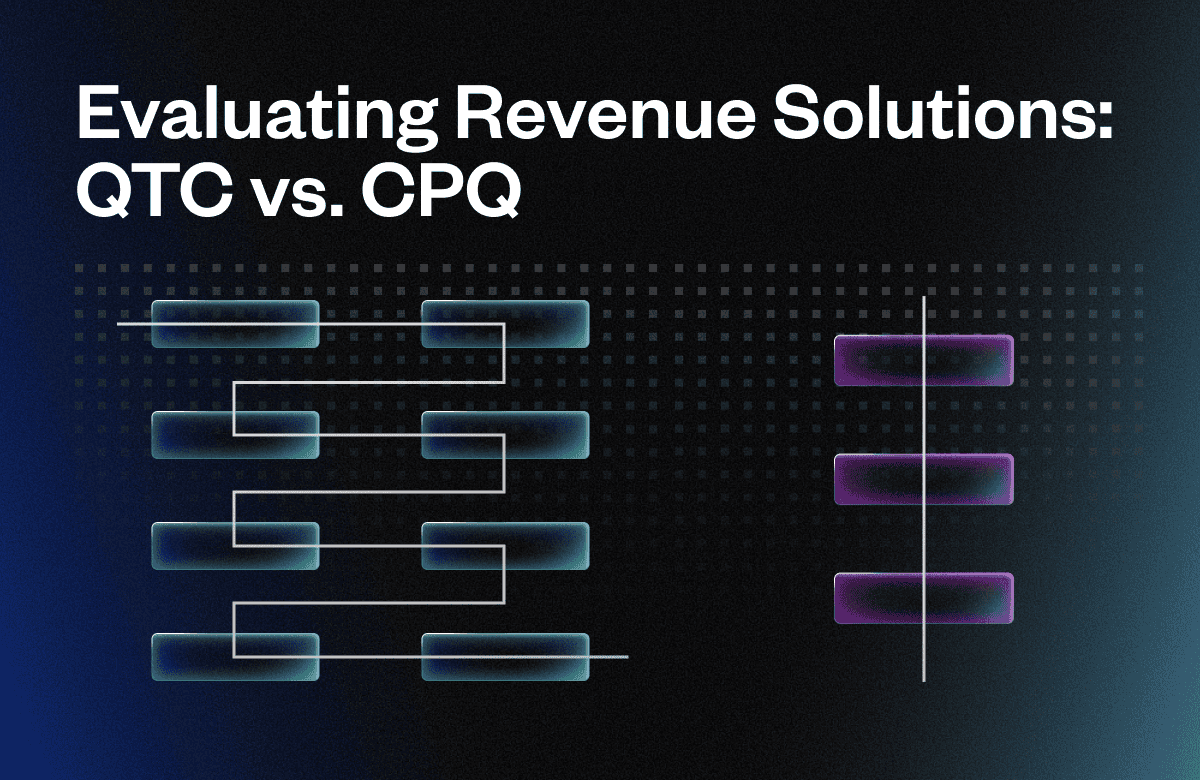For SaaS businesses, audit preparation can be stressful—but it doesn’t have to be.
Audits may not top anyone’s list of favorite activities, but for SaaS companies, they’re essential checkpoints for financial accuracy and regulatory compliance. Given the complexity of SaaS revenue models, audit preparation can quickly turn into a stress test without the right approach. With strategic planning and the right systems, your organization can navigate audits efficiently—and even use them to strengthen your financial operations.
This guide outlines nine essential steps to help streamline SaaS audit preparation—from automating data management to building a solid revenue recognition policy. Whether you’re facing your first audit or refining an existing process, these tips will help you approach it with confidence and control.
1. Automate Financial Data Management
Automation is the foundation of accurate and efficient audit preparation. Subscription management platforms can eliminate manual data entry by automatically converting closed opportunities into GAAP-compliant customer, contract, and revenue schedules. This information can then flow directly into your general ledger system.
Automation not only ensures clean, auditable data but also enables you to present accurate financial metrics that inform better decisions and satisfy auditors, investors, and potential buyers.
2. Think Beyond Your Current Billing Needs
Audits don’t just check the accuracy of your books—they also test how resilient your financial systems are under changing conditions. If your billing infrastructure can’t adapt to new pricing models or scale with growth, it introduces manual workarounds, errors, and compliance risks.
That’s why it’s critical to choose systems that evolve as your business grows. You may start with per-seat or usage-based pricing, but flexibility becomes essential as you add bundles, add-ons, or event-based models. Solutions like Maxio provide scalable billing infrastructure to support your evolution—without a complete rebuild.
3. Get Organized Early
Structure your financial operations before audit season arrives. Auditors will request contracts, SOWs, invoices, bank statements, and purchase orders—often with little notice. Store everything in a centralized, clearly labeled repository that integrates with your accounting or GL system.
This creates a reliable audit trail, reduces stress, and helps you respond quickly to document requests without losing valuable time.
4. Standardize Contract Structures
Custom contracts may offer flexibility for sales, but inconsistency creates audit headaches. Vague terms, unclear cancellation clauses, or nonstandard milestones can make revenue recognition difficult.
Establish standard templates for subscriptions and renewals, and if customization is necessary, maintain a short list of pre-approved variations with documented ASC 606 treatment. This helps ensure consistency and compliance while preserving deal flexibility.
5. Create a Formal Revenue Recognition Policy
Your revenue recognition policy should clearly define how you handle performance obligations, prepaid contracts, usage billing, refunds, and upgrades. The structure of your agreements can significantly affect how revenue is recognized under ASC 606.
Document your policy thoroughly, and make sure it’s easily accessible to both your finance team and auditors. This preparation allows you to respond quickly and confidently when asked to justify revenue treatment decisions.
6. Reconcile Accounts Monthly or Quarterly
Don’t wait until year-end to reconcile your accounts. Regular reconciliation—especially for bank accounts, deferred revenue, and accounts receivable—helps you identify discrepancies early, when they’re easier to resolve.
Match payments to invoices, review your trial balance, and document adjustments as you go. Consistent, proactive reconciliation demonstrates financial discipline and minimizes surprises during audits.
7. Use Financial Close Checklists
A well-defined financial close checklist ensures no steps are missed during your monthly or annual close. Your checklist should include tasks like bank reconciliations, accrual true-ups, and deferred revenue adjustments.
Establishing and following a consistent close process gives your accounting team a reliable framework—and shows auditors that your internal controls are organized and dependable.
8. Stay Updated on Regulatory Changes
Accounting standards evolve, and staying current is crucial. Frameworks like ASC 606 and IFRS 15 continue to influence how SaaS companies record revenue and disclose financials.
Regularly review guidance from FASB and IASB to understand how updates impact your statements, internal controls, and KPIs. Staying informed reduces audit risk and keeps your reporting aligned with best practices.
9. Plan for Audit Time Commitments
Audit preparation often takes longer than expected. Be ready for multiple rounds of questions, document requests, and clarifications. Assign a dedicated point person—typically your CFO or controller—to manage communication and keep the process moving.
Building in time for auditor follow-up ensures smoother collaboration and reduces the risk of last-minute delays.
Strengthen Your Audit Readiness
Financial audits can feel daunting, but with preparation and the right systems in place, they can also strengthen your organization’s credibility and investor confidence. By automating key processes, maintaining clean records, and using flexible tools like Maxio, your SaaS company can stay audit-ready year-round—and turn compliance into a growth advantage.






